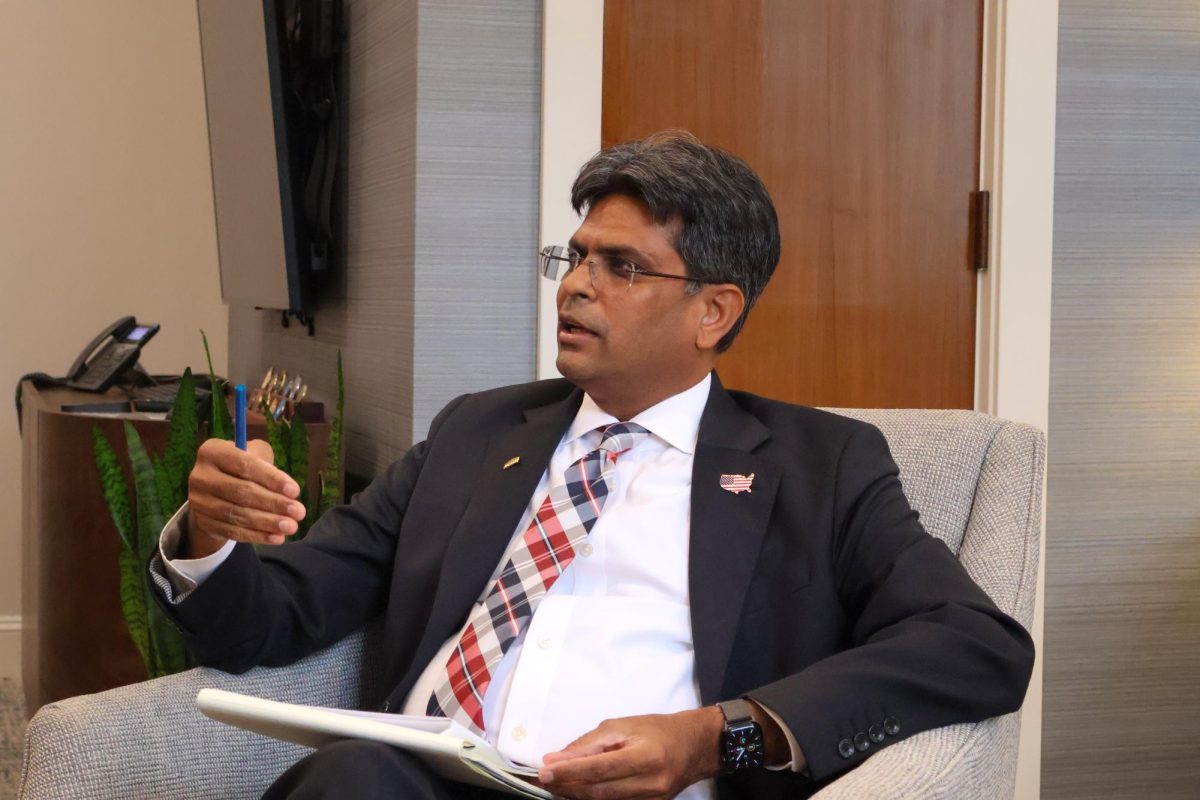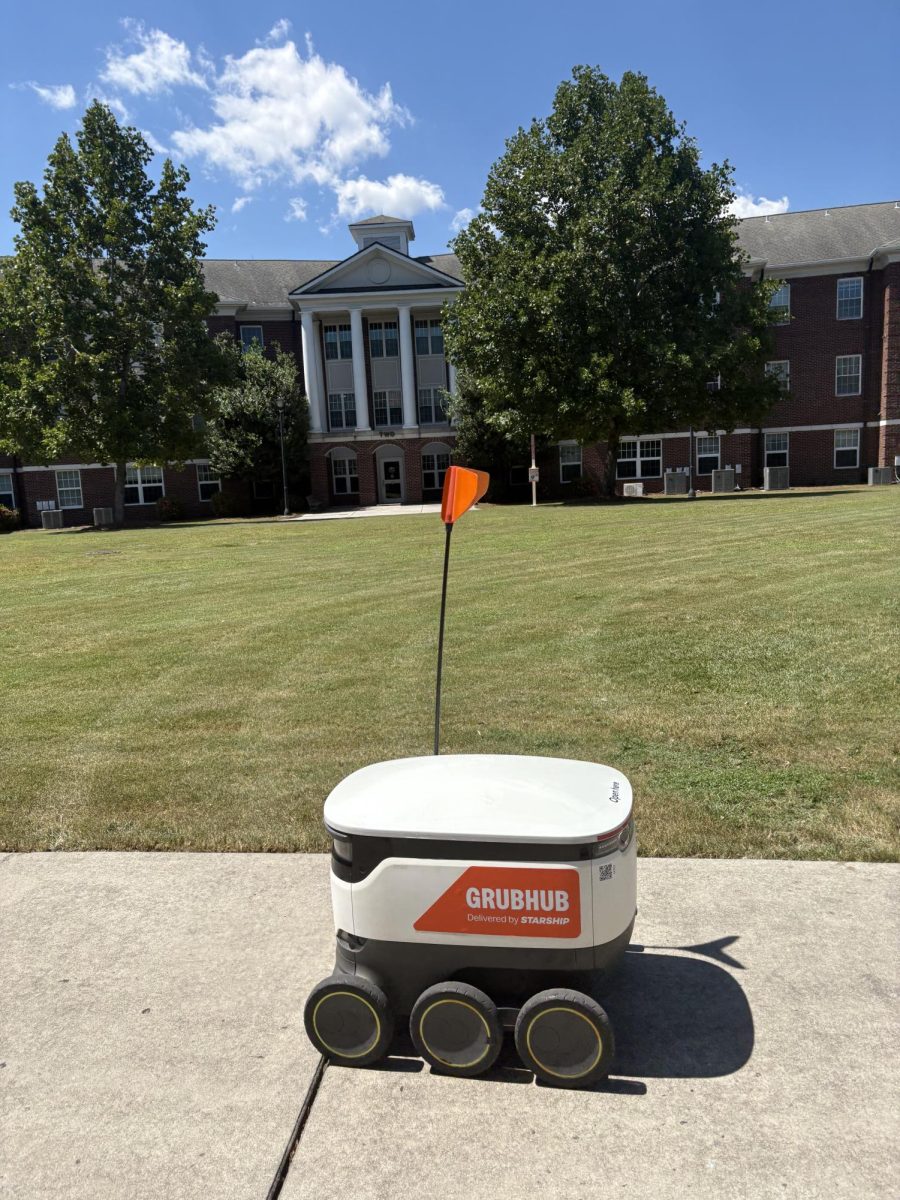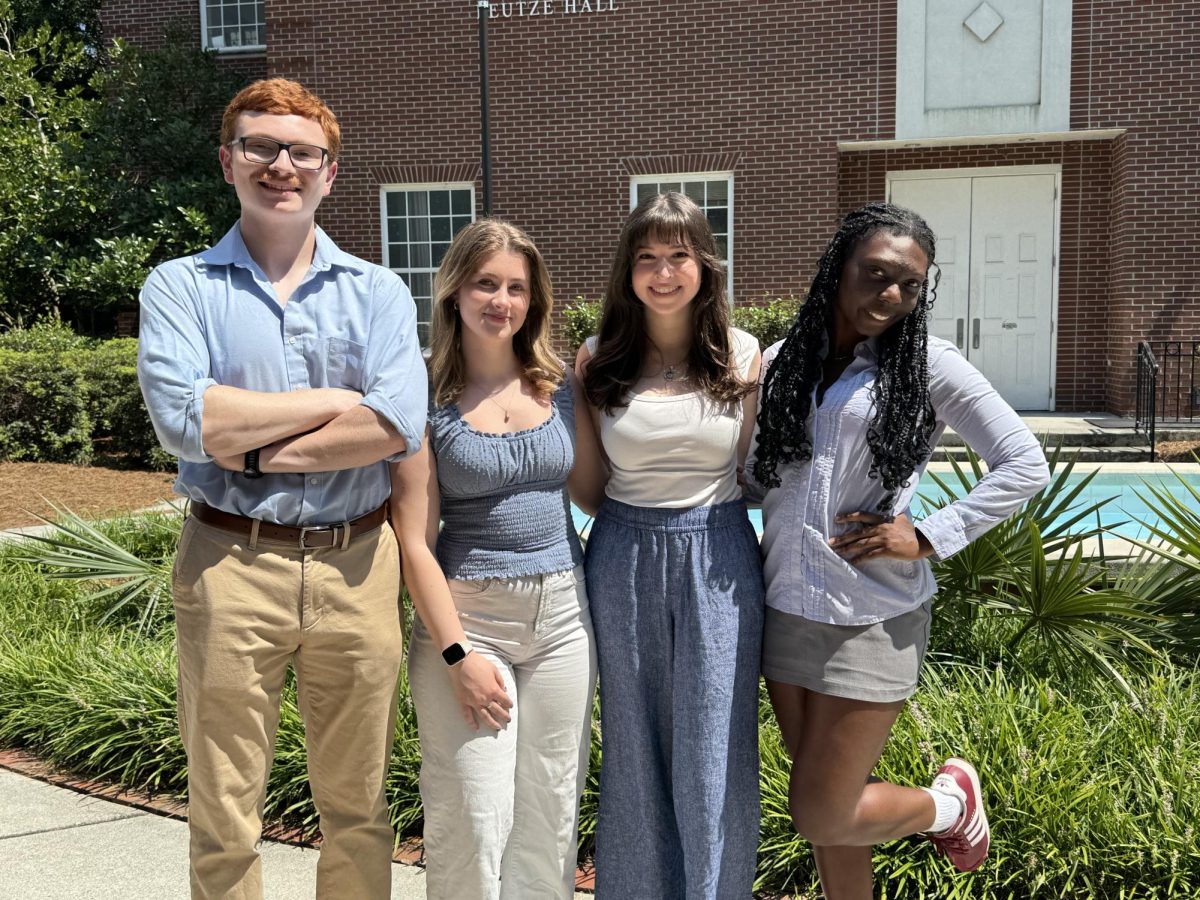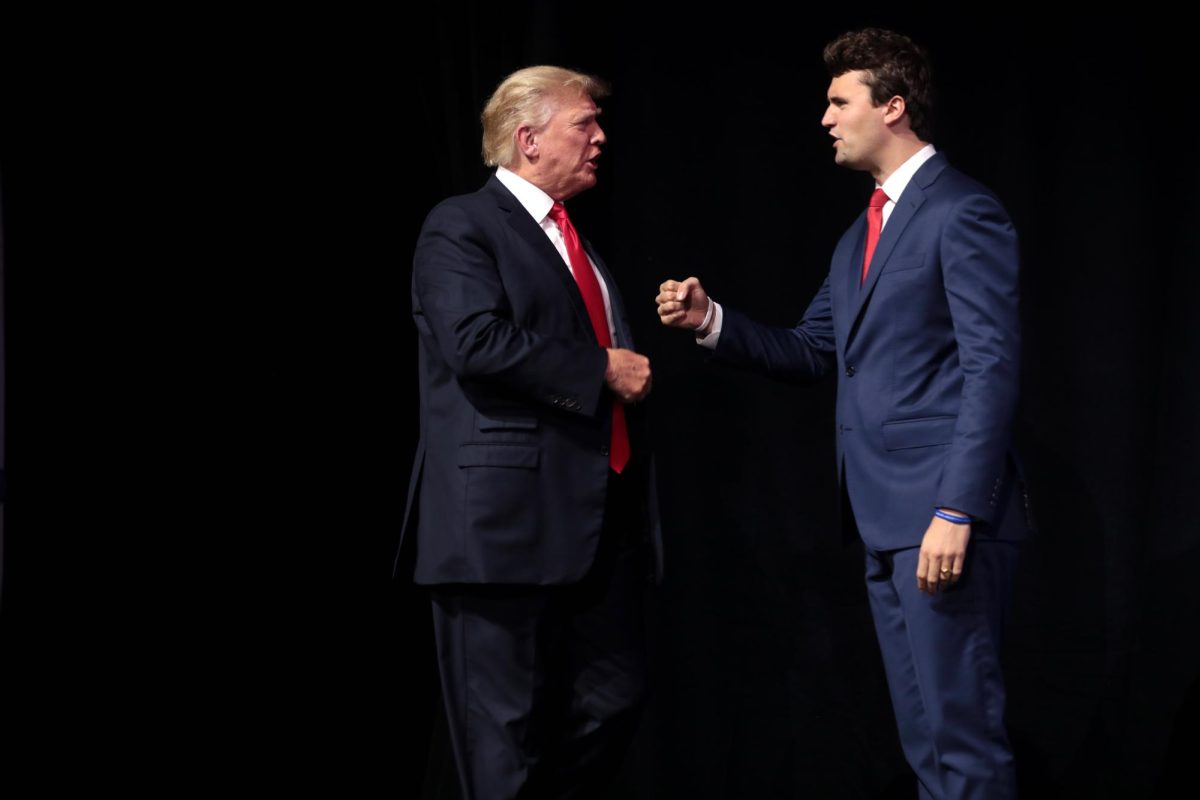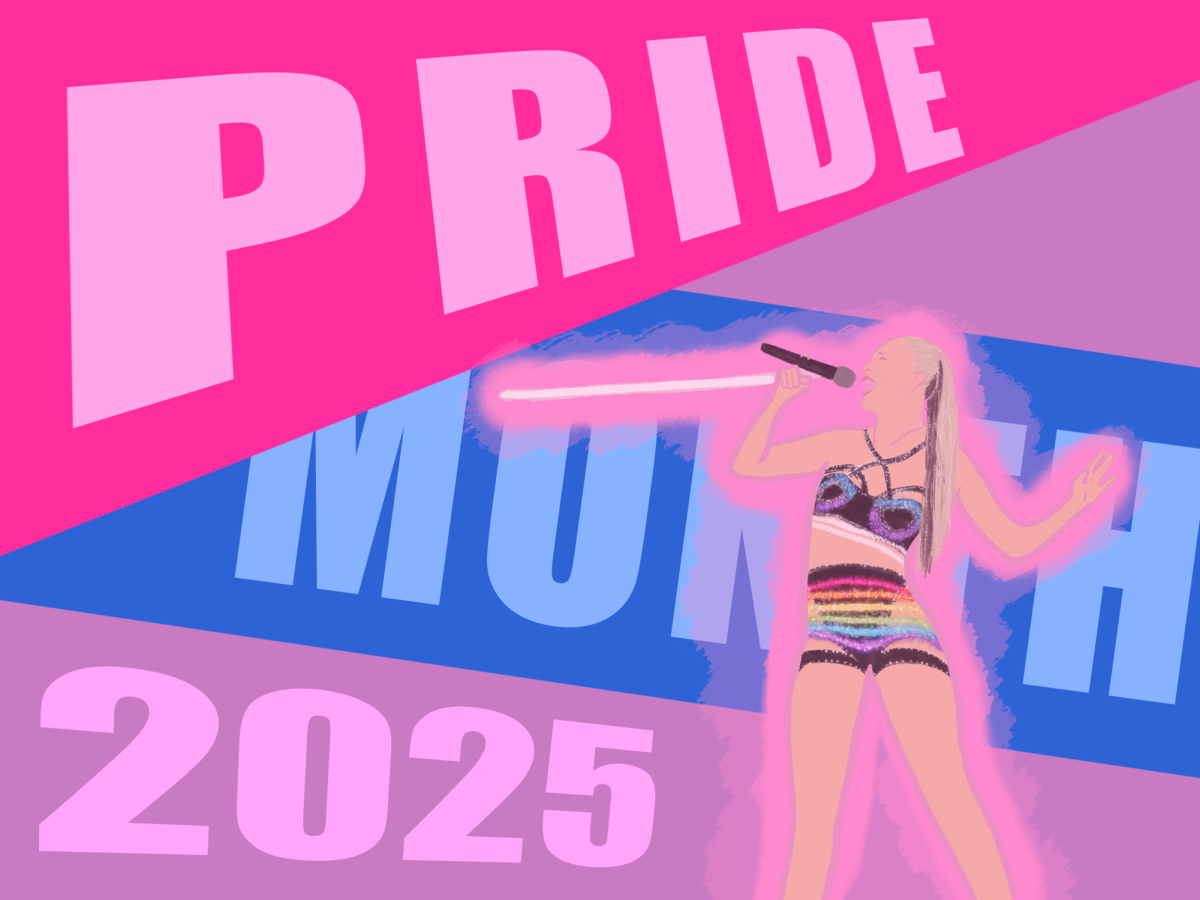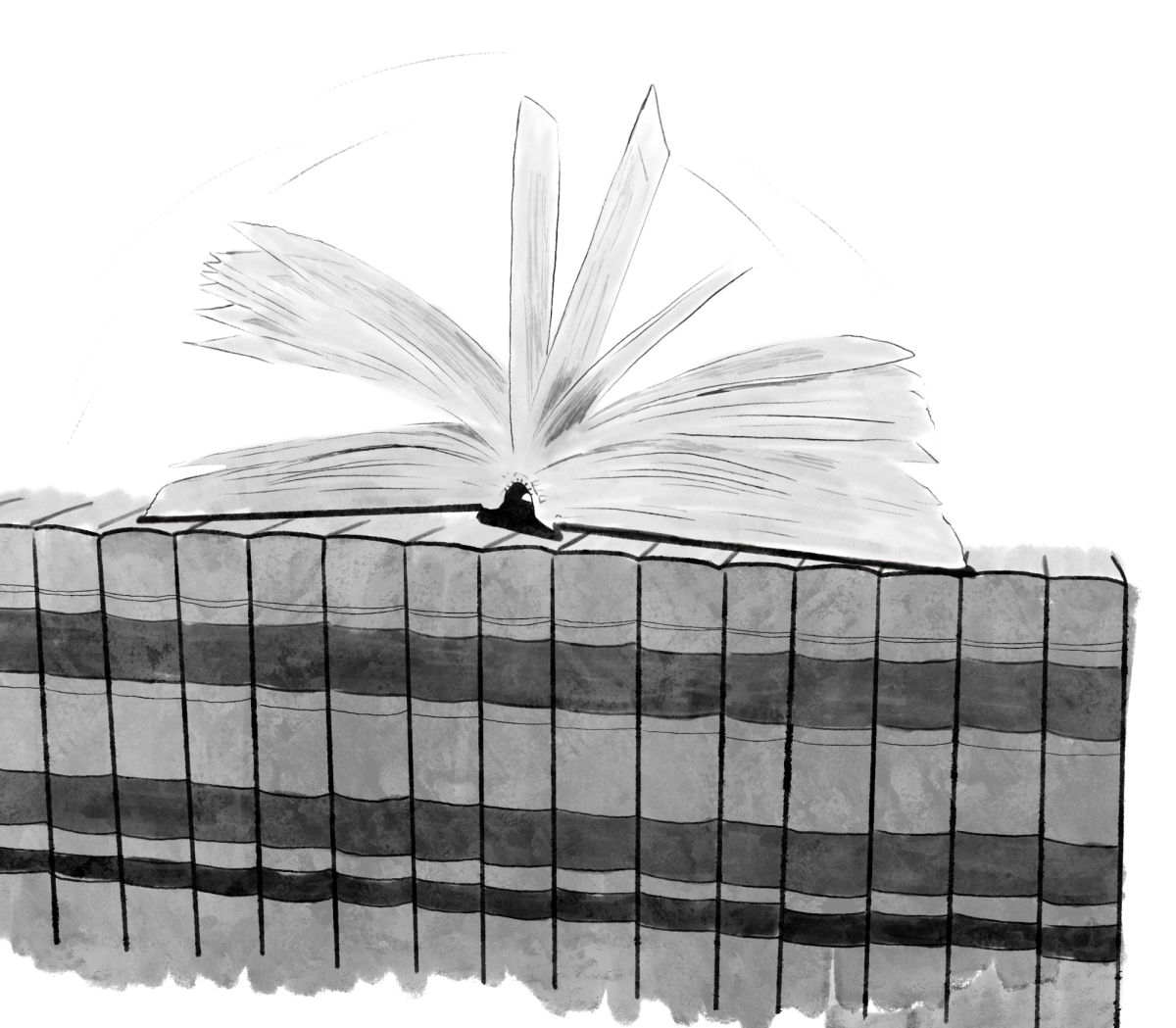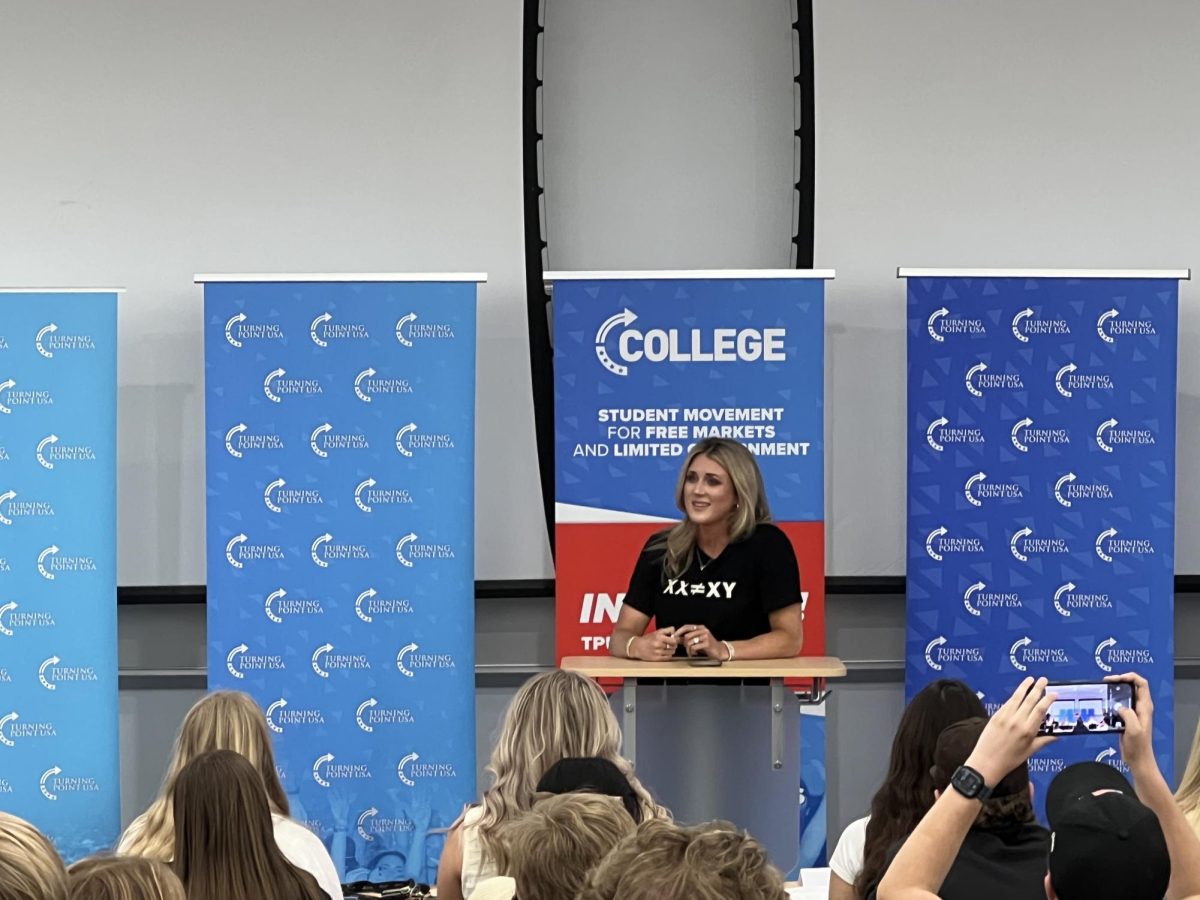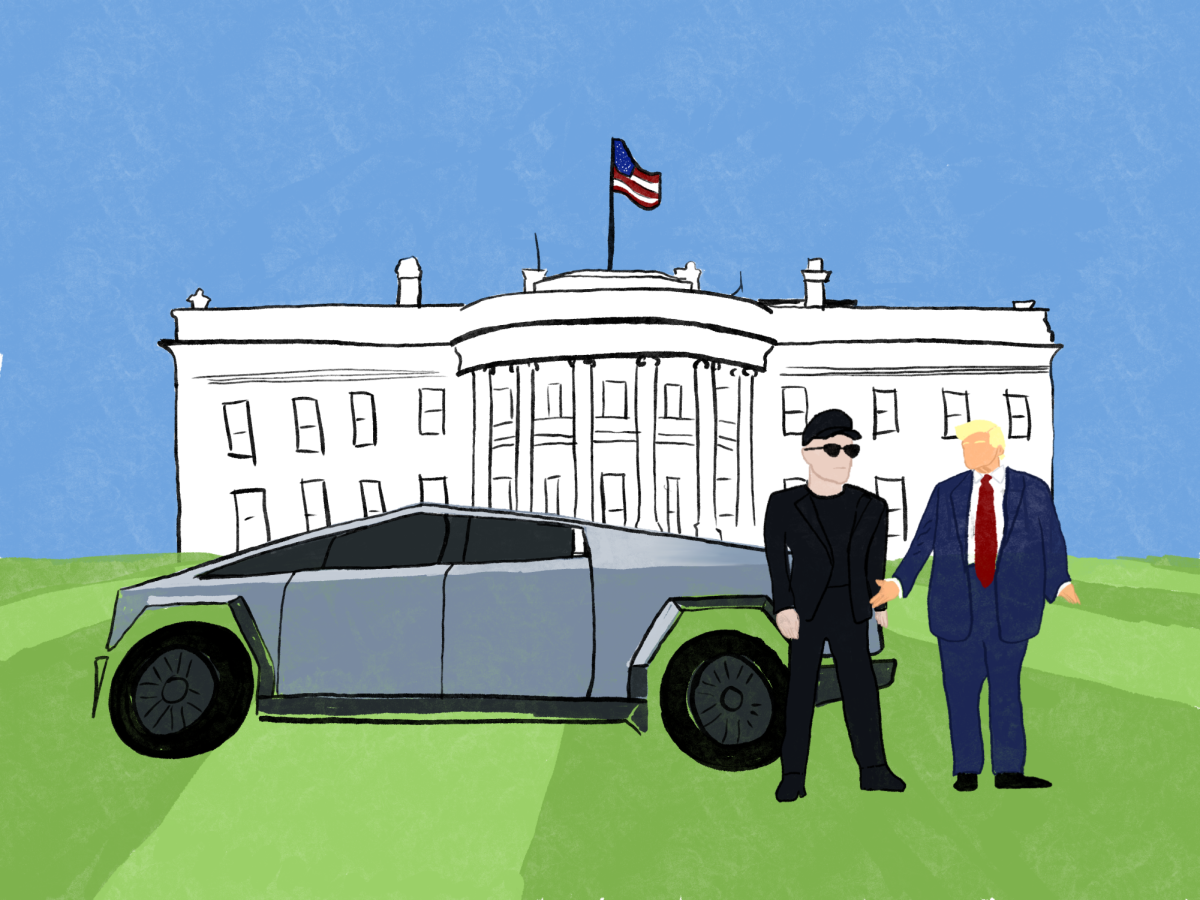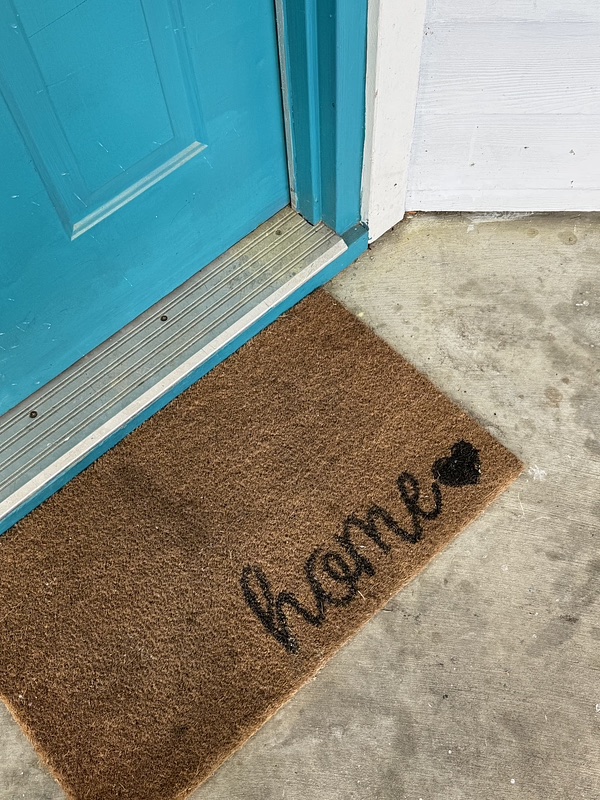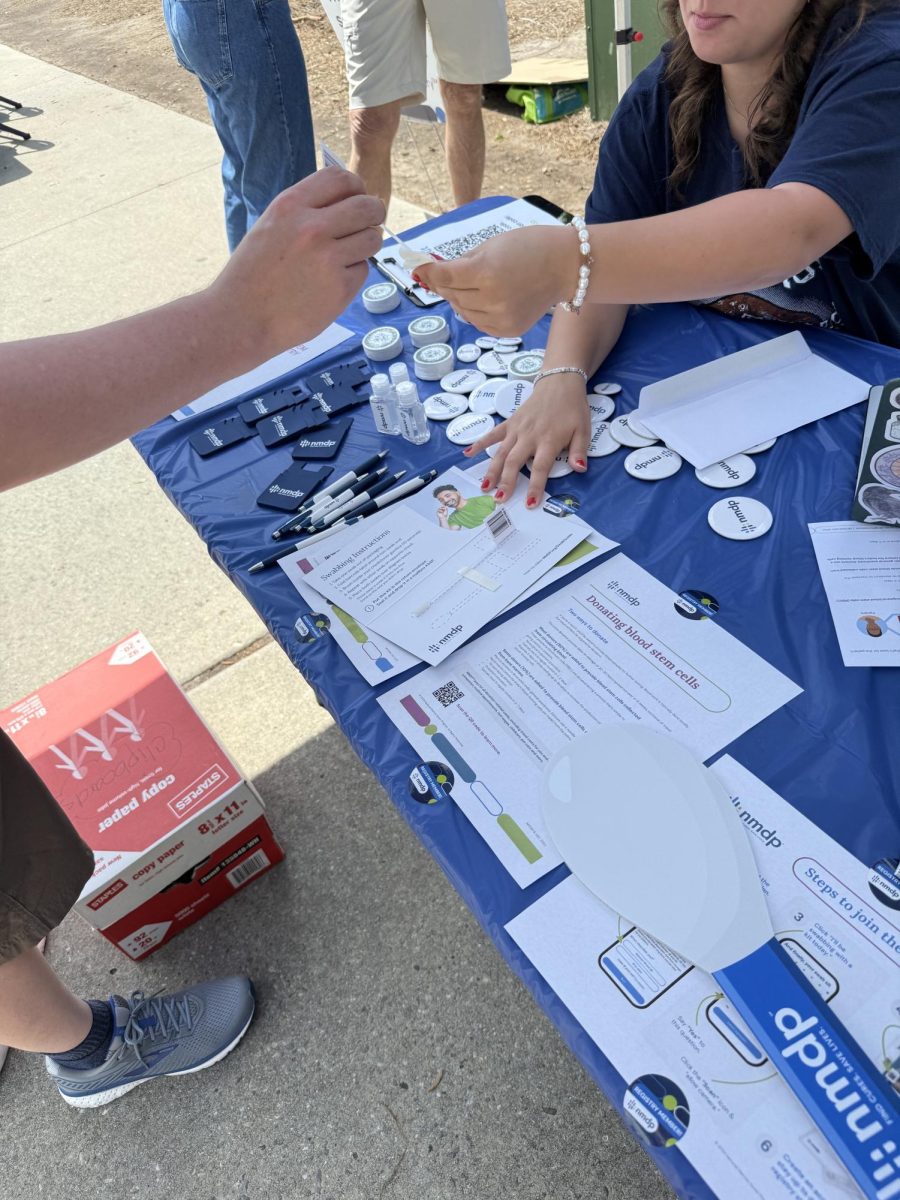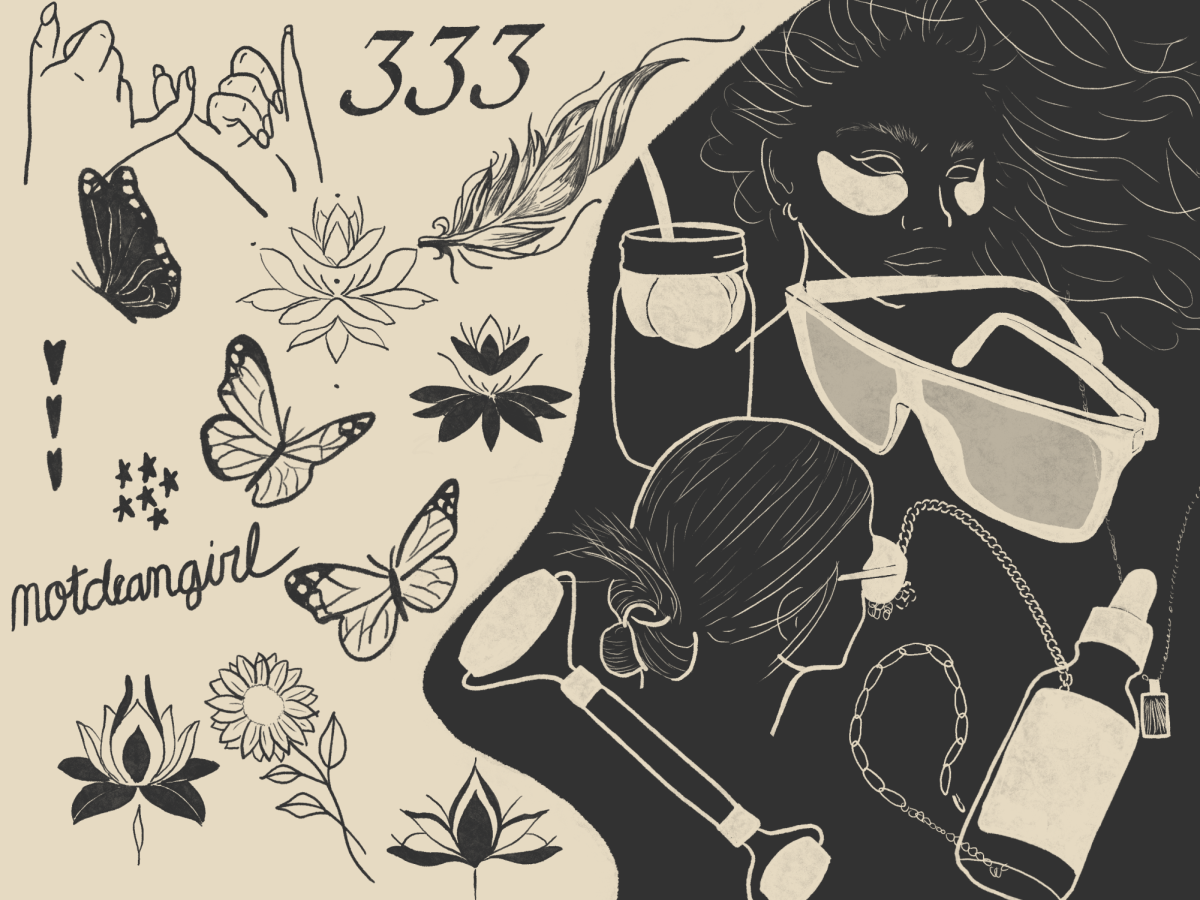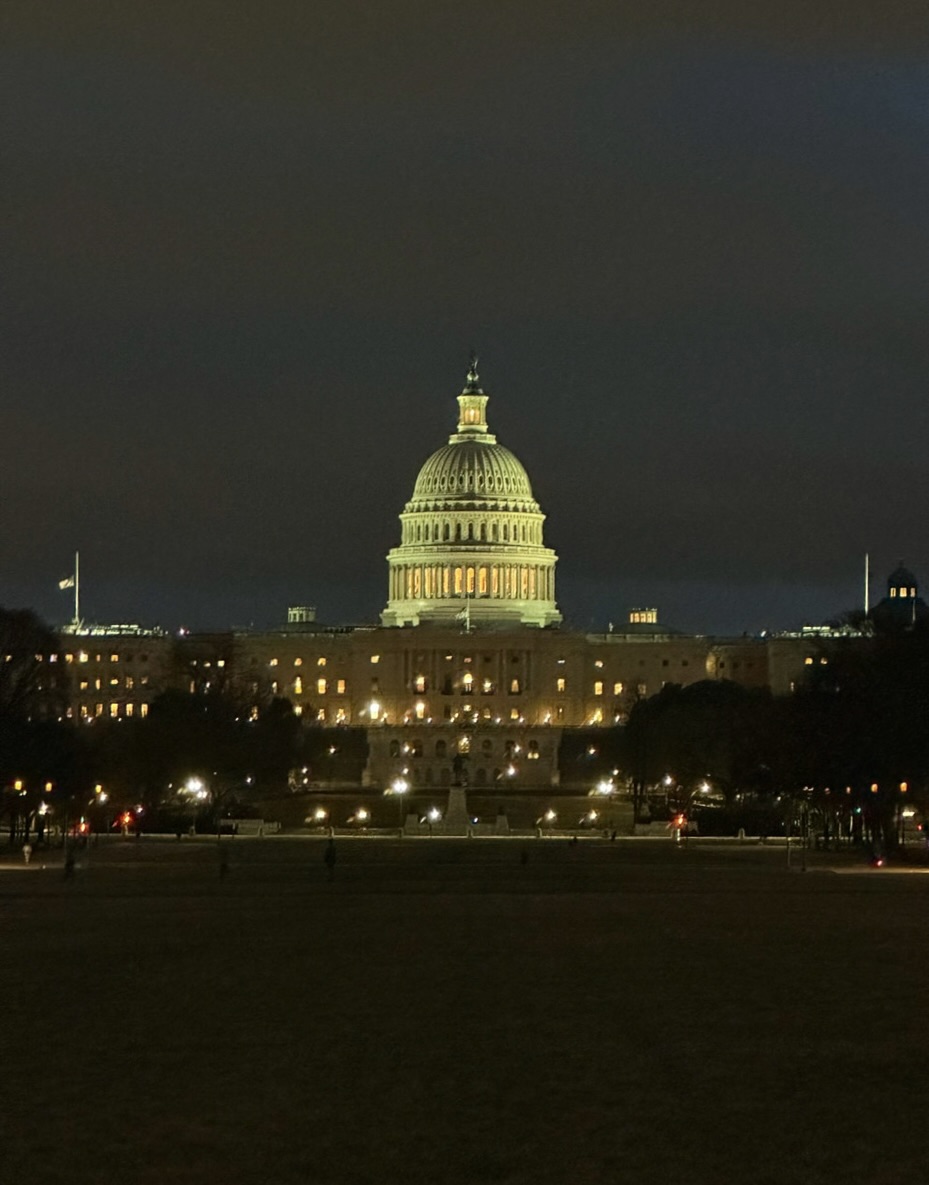As an aspiring teacher, and avid user of TikTok, I come across a lot of teaching and education-based content on my social media pages. This content takes many forms: OOTDs (Outfit of the Days), informational, longer-form content about teaching as a career, the state of education and skits about shenanigans that occur in the classroom. However, recently, a new type of teaching content has become more and more frequent on my feed – teachers recording with students in the classroom. Sometimes the content shows the students, sometimes the video is focused on the teacher as they instruct, but either way, it was quite shocking for me to begin to see and hear students in content posted by their teachers.
My initial question is always the legality of the situation. I’ve worked in many childcare jobs, and one of the most emphasized rules is that employees are not to record or photograph children on their personal devices, even if the content is never posted. The only content that is to be posted of the kids is if it is directly through the company itself. If I as a summer camp counselor and youth sports instructor have to jump through hoops to obtain content of the kids I work with, I would be surprised if teachers with educational degrees, training and a higher extent of legal responsibility over their students are allowed to simply post videos from their personal devices on their personal accounts.
There have been many discussions in recent years about the legality and ethics of content known as “family vlogging:” seemingly authentic, home videos of families posted by parents to the internet. Points are starting to be raised regarding the exploitational nature of this content, as the parents filming and posting are making money off of the internet’s interest in their child. There have also been concerns raised of the ethics of constantly recording your children, especially in vulnerable moments, and how this impacts their development. There is also the concern of why people are so invested in children, oftentimes literal infants. The scary truth is that not everybody has pure intentions, and this can lead to dangerous parasocial relationships.
Many of the previously mentioned concerns are raised in regards to teachers recording their classrooms as well. Essentially, teachers are taking time out of the instructional period their students are given during the school day to record content that, if successful, will make them money. Even if this content only requires the teacher to set up their phone and hit the red record button, it is questionable whether or not their full attention is on the students, and not on performing for the camera. The biggest red flag is that posting identifying information about students is illegal under FERPA, a federal law that protects the privacy and legal rights of underage students in the classroom. The media consent forms students may sign are typically related to district-posted content; not personalized TikToks. Even if teachers do disclose their social media practices,, I question if every student and parent actually knows what they are agreeing to. Does every single parent and student know exactly what TikTok is, and what the platform is used for? Are the students informed every time a video that features their voice or face is posted, even if they are just in the background? Circling back to the conversation about family vlogging, many people claim that young children cannot consent to being filmed and posted by their parents, and I would argue the same goes to the parents and students signing these video-release forms. It can certainly be argued that there is a level of coercion occurring that does not hold itself up to ethical standards. Additionally, young children (and even young adults) cannot predict the potential future impacts of constantly being filmed and going viral on social media. Does a seven-year old understand the concept of a parasocial relationship? Can they conceptualize the wariness that comes from living in a surveillance state, or not knowing if their private moments are going to be shared to millions of people? Making videos seems fun in the moment to anybody, but the consequences of such are drastic enough that adults should be keeping the future well-being of their youth in mind instead of just focusing on the short-term gratification of it all.
A TikTok video went viral about a year ago; a teacher’s first-grade classroom doing the “Candy Salad” trend, where individuals introduce their name and what candy they are adding to the “salad.” The internet loved one of the students in the video, and it gained millions of views, with people commenting and reposting it. When this happened, I could not believe what I was seeing. Most teachers that record their classroom at least don’t show their students’ faces, so this video showcasing the faces and names of this teacher’s students was appalling to me. People not only now know what this kid looks like, his name and age, but also information about his teacher and what area they live in. It is nice to think that all the viewers and people interacting with the video have pure intentions – perhaps happiness at seeing the youthful joy of childhood. However, educators have a duty to serve and protect their students, and I do not believe that posting videos full of key identifiable information fulfills that duty.
No matter the legal technicalities of it all, the filming and posting of students in the classroom raises a multitude of ethical and practical concerns. The first priority of teachers should always be the well-being of their students – any other impacts of recording in the classroom, even positive ones, should fall secondary.




